Middle Schoolers attend a Groundbreaking Seminar about Purpose
Founder of the World Leadership Program, Ross Wehner. Mr. Wehner led the three day seminar that the middle school attended (worldleadershipschool.com).
The Middle School attended an eye-opening, three-day, online seminar led by Ross Wehner of the World Leadership Program. There, students learned about purpose, life mapping, personalization, and more.
First, Mr. Wehner asked us to make a chart about our 2020 and include thinking, feeling, and doing. Then, we had to write down what we initially thought the word purpose meant.
Once we pondered over that question, we needed to write what we thought our purpose was. Before he told us outright what the meaning of purpose is, he wanted the students to write their initial reaction to a quote from Dr. William Damon, from the Stanford Center of adolescence, which read, “The biggest problem growing up today is not actually stress; it’s meaninglessness.”
This quote was met with both agreement and disagreement from students. Based on a poll that we did on Zoom, about 60 percent of students agreed with this statement, while 40 percent of students disagreed with it. I agreed with the quote because I think that there is meaninglessness in adolescents right now. It seems less about the stress of school or other things and more about the fact that people do not feel any purpose.
Mr. Wehner also gave us a little insight into how education may move away from standardization and personalization. Standardization is what most education is today, and Todd Rose and Ogi Ogas describe it in the book Dark Horse, “Be like everyone else just a bit better.” Standardization could also be seeking achievement before fulfillment. Personalization, on the other hand, could be “Who are you?” and “How do you connect to the world around you?”
My favorite part of the seminar was using the “calling cards.” Each card was an idea, trait, or gift. We had to place all 52 cards in front of you and observe them. As we watched them, we would have to ask ourselves if that is something we are good at or something we enjoy doing.
Based on what we thought, we would have to sort the cards into three piles, yes that’s me, maybe, and no, not me. Once we were done with that, we took five cards from the yes pile that we felt were most important to us.
Those five cards are your “calling cards. ” We then had to write down five cards we ended up with and use those cards, summarizing a gift we have. An example of a card could be solving problems, and then if you enjoy that or are good at that, you would put that in your yes pile.
Mr. Wehner then asked us to list examples of where we might have used that gift in past experiences. According to Mr. Wehner, there was no point in just recalling experiences without sharing them, so students had to find a partner and share their experiences for 20 minutes each. Based on all that we had learned, it was time to develop a one-sentence purpose statement such as “my purpose is to forge paths so that goodness prevails.”
The last activity for the seminar was making a purpose map. A purpose map is made to write how you spend your time, what you want to achieve and what gifts you have, and tie that together with your purpose statement. This is useful for trying to determine how you can apply your purpose to your life.
Overall, the seminar was useful because it covered so many topics that pertain to our daily lives in significant detail. The Youth Purpose Summit helped students find their purpose and learn how they can apply their purpose to their lives.

